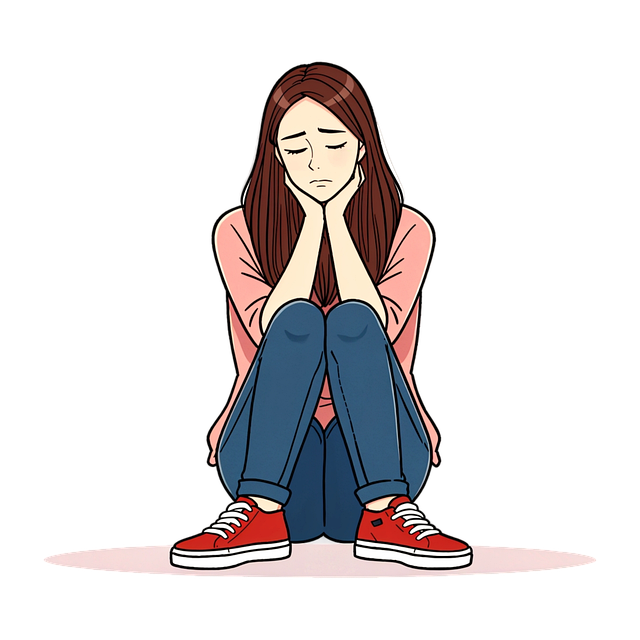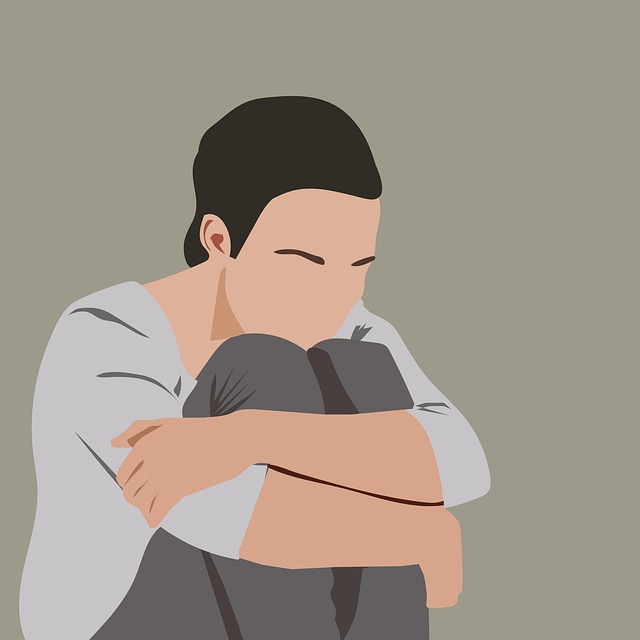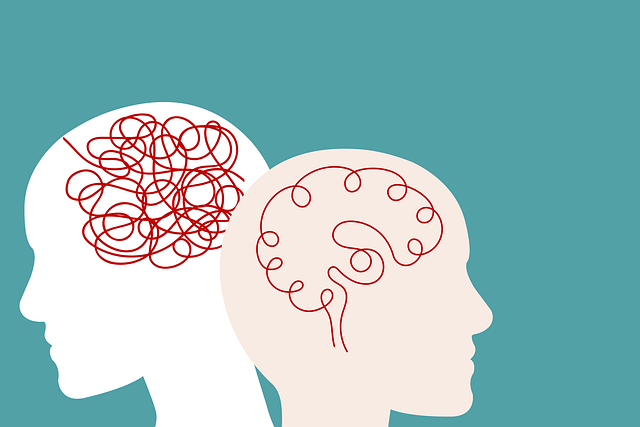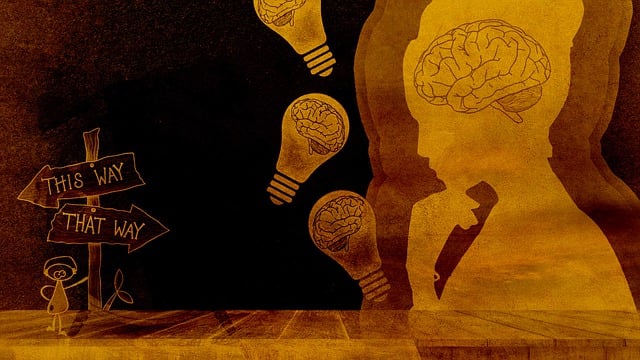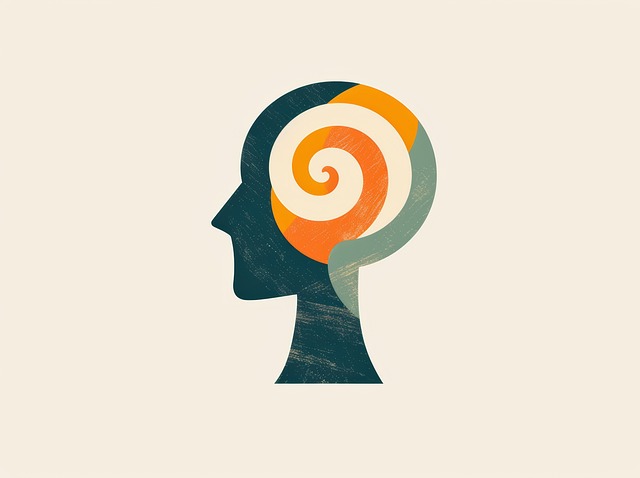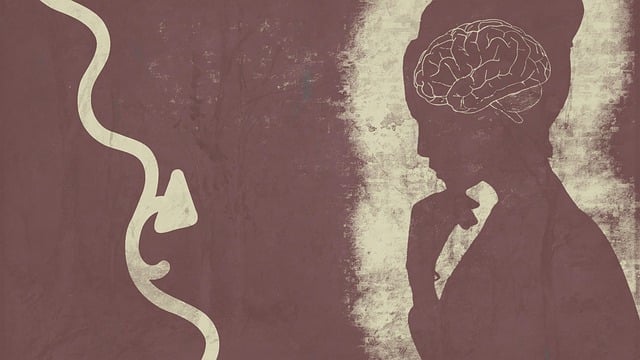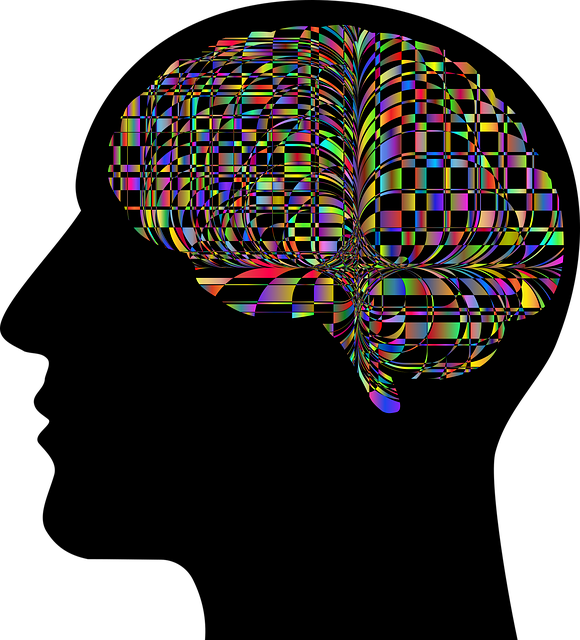Bipolar disorder presents unique stress management challenges due to extreme mood swings. Cognitive-behavioral therapy (CBT) is a key strategy, teaching individuals coping mechanisms and strengthening inner resilience. Community support programs and lifestyle adjustments, like exercise and mindfulness, further enhance well-being. Alternative therapies like meditation, yoga, and acupuncture complement traditional treatments, offering comprehensive stress reduction for bipolar disorder management.
Stress reduction is a vital aspect of managing bipolar disorder, a condition that significantly impacts an individual’s mental health and overall well-being. This article explores effective strategies to combat stress, offering insights into its far-reaching effects. We delve into understanding bipolar disorder and its unique relationship with stress, guiding you through lifestyle adjustments for enhanced resilience. Discover the power of cognitive behavioral therapy (CBT) and explore alternative therapies that complement traditional treatment approaches for a holistic approach to managing this condition.
- Understanding Bipolar Disorder and Its Impact on Stress
- Lifestyle Adjustments for Better Mental Health
- Cognitive Behavioral Therapy (CBT): A Powerful Tool
- Alternative Therapies to Complement Traditional Treatment
Understanding Bipolar Disorder and Its Impact on Stress

Bipolar disorder is a mental health condition characterized by extreme mood swings, from manic episodes of elevated energy and euphoria to depressive periods of deep sadness and fatigue. This emotional instability can significantly impact an individual’s ability to manage stress effectively. During manic phases, individuals might feel invincible, leading to impulsive decisions and heightened vulnerability to stressors. Conversely, in depressive episodes, the overwhelming sense of despair can make even minor challenges seem insurmountable.
Understanding bipolar disorder is crucial for adopting stress reduction methods tailored to its unique characteristics. Therapy, such as cognitive-behavioral therapy (CBT), plays a pivotal role in managing the condition. CBT equips individuals with empathy-building strategies and inner strength development techniques to navigate their emotional landscapes. Community outreach program implementation can also foster support networks, offering practical assistance and promoting healthy coping mechanisms. By addressing bipolar disorder directly, these approaches contribute to an individual’s overall well-being, enabling them to better cope with life’s stressors.
Lifestyle Adjustments for Better Mental Health

Lifestyle adjustments play a pivotal role in enhancing mental wellness and managing conditions like bipolar disorder. Incorporating regular physical activity, maintaining a balanced diet, and prioritizing quality sleep can significantly reduce stress levels and improve overall mental health. Exercise, for instance, acts as a natural mood booster by releasing endorphins, which can alleviate symptoms of depression and anxiety. Additionally, engaging in activities that promote relaxation, such as mindfulness meditation or deep breathing exercises, helps to quiet the mind and reduce restlessness commonly associated with bipolar disorder.
Journaling has emerged as a powerful tool for mental wellness journalings exercise guidance. Documenting thoughts, emotions, and experiences can provide clarity, help identify triggers, and offer a safe space for expression. This practice allows individuals to reflect on their progress, track mood patterns, and develop coping strategies tailored to their unique needs. Moreover, keeping a mental wellness journal encourages self-awareness, fosters resilience, and contributes to the ongoing efforts of mental illness stigma reduction by promoting open dialogue and understanding.
Cognitive Behavioral Therapy (CBT): A Powerful Tool

Cognitive Behavioral Therapy (CBT) is a highly effective stress reduction method that has shown remarkable results in treating various mental health conditions, including therapy for bipolar disorder. This therapeutic approach focuses on identifying and changing negative thought patterns and behaviors that contribute to stress and distress. By challenging unhelpful thoughts and replacing them with more realistic and positive ones, CBT empowers individuals to manage their emotions effectively.
One of the key advantages of CBT is its ability to teach practical conflict resolution techniques and communication strategies. These skills are invaluable in navigating interpersonal relationships, which play a significant role in overall mental well-being. Through CBT, individuals learn to express themselves assertively, resolve conflicts constructively, and build healthier connections, thereby reducing stress levels and promoting resilience.
Alternative Therapies to Complement Traditional Treatment

In addition to conventional treatments like medication and therapy for Bipolar Disorder, exploring alternative therapies can significantly enhance stress reduction and overall well-being. Techniques such as mindfulness meditation, yoga, and acupuncture have gained recognition for their effectiveness in managing symptoms and improving quality of life. These practices promote relaxation, boost resilience building, and foster positive thinking, which are crucial aspects of comprehensive Stress Management.
Integrating alternative therapies into one’s routine can provide a holistic approach to mental health care. Activities like deep breathing exercises, nature walks, or creative pursuits offer powerful tools for stress reduction. By combining these alternative practices with traditional treatment methods, individuals can achieve better balance and regain control over their lives, ultimately leading to improved mental resilience and overall happiness.
In conclusion, managing stress is a multifaceted approach, especially for those living with bipolar disorder. By understanding the condition’s impact on mental health and employing various strategies, individuals can gain control over their lives. Lifestyle adjustments, cognitive behavioral therapy (CBT), and alternative treatments all play vital roles in reducing stress and improving overall well-being. Combining these methods offers a comprehensive strategy for navigating the challenges of bipolar disorder, enabling folks to lead fulfilling lives and enhance their mental resilience.
